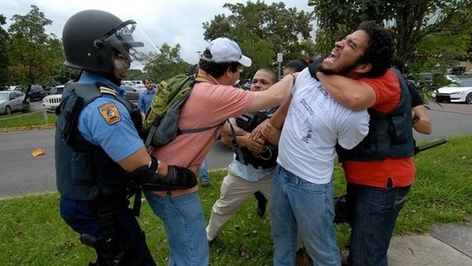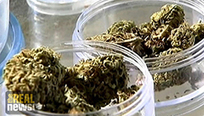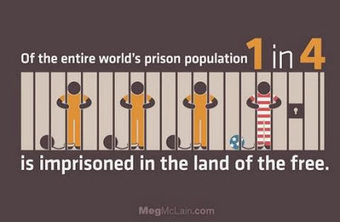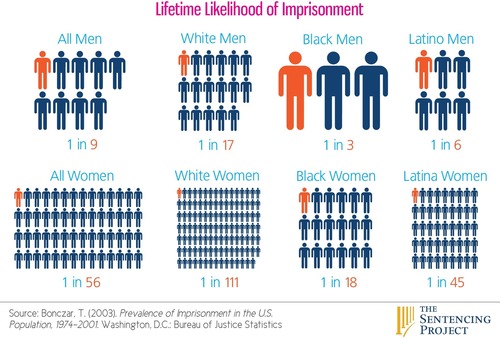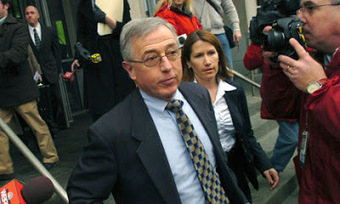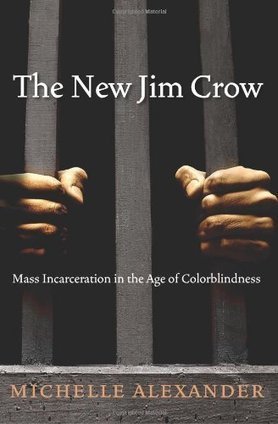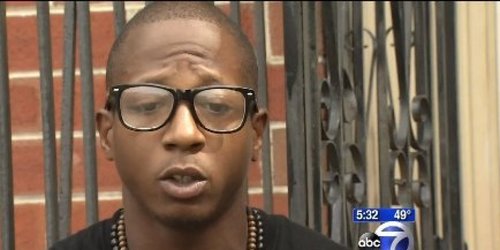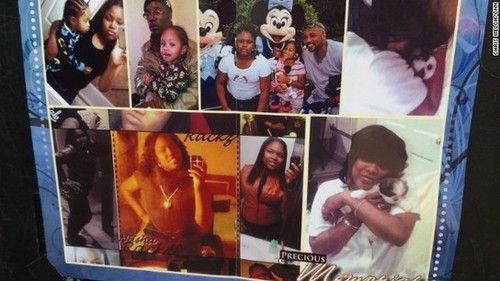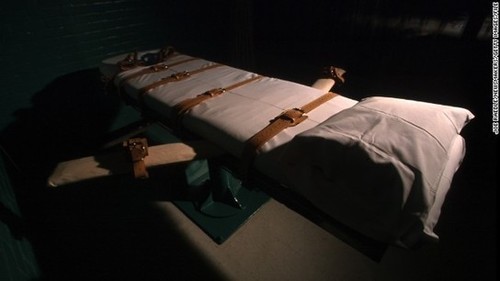
…
But, while I support legalization as an incremental step in the right direction, I think we are wrong to promote legalization as a means of achieving racial justice. Making that claim minimizes the very real problem of structural racism that has made the war on drugs such a hugely devastating law enforcement strategy for Black people.
The legalization of marijuana, in my opinion, would not lead to less over-policing, racial profiling, or over-incarceration of Black and brown people. What relief legalization would provide, and I do believe there would be some immediate relief, would be mostly temporary.
Why? The New York Times report on reader response to their legalization editorials sums it up nicely,
Times readers favor legalization for the same reasons the Times editorial board does: They think the criminalization of marijuana has ruined lives; that the public health risks have been overstated; and that law enforcement should focus its resources on graver problems.
Those “graver problems” bother me. They bother me because the illegal drug trade is as much an economic issue as it is public health issue. My experience growing up in a drug economy tells me that folk turn to illegal means of making money when legal jobs aren’t available. And decent paying legal jobs have rarely been harder to find than right now.
As a sociologist friend of mine recently reminded me, prison is a form of disguised unemployment. That’s part of the reason programs meant to reduce recidivism so often don’t work. Without a job, people are often forced to commit crimes, like selling marijuana. Once convicted of that crime, a criminal record can make you unemployable. Those who’ve been to prison too often end up back in prison, and keeping them there is a way of managing unemployment, even if this effect is, perhaps, mostly incidental.
If we added incarcerated Black people to the unemployment rolls, Black unemployment statistics would be noticeably higher (and it’s already twice that of whites). This would more accurately reflect the status of Black people in the U.S. labor market. Large numbers of poor Black people have been structurally excluded from the legitimate economy, ironically in part because Black people as a class won the right to ordinary worker protections nationwide via the Civil Rights Movement. This made other excluded workers, like undocumented migrants, cheaper, more compliant, and, following the logic of the market, more desirable.”
– Click through for more –
Source: www.racefiles.com


